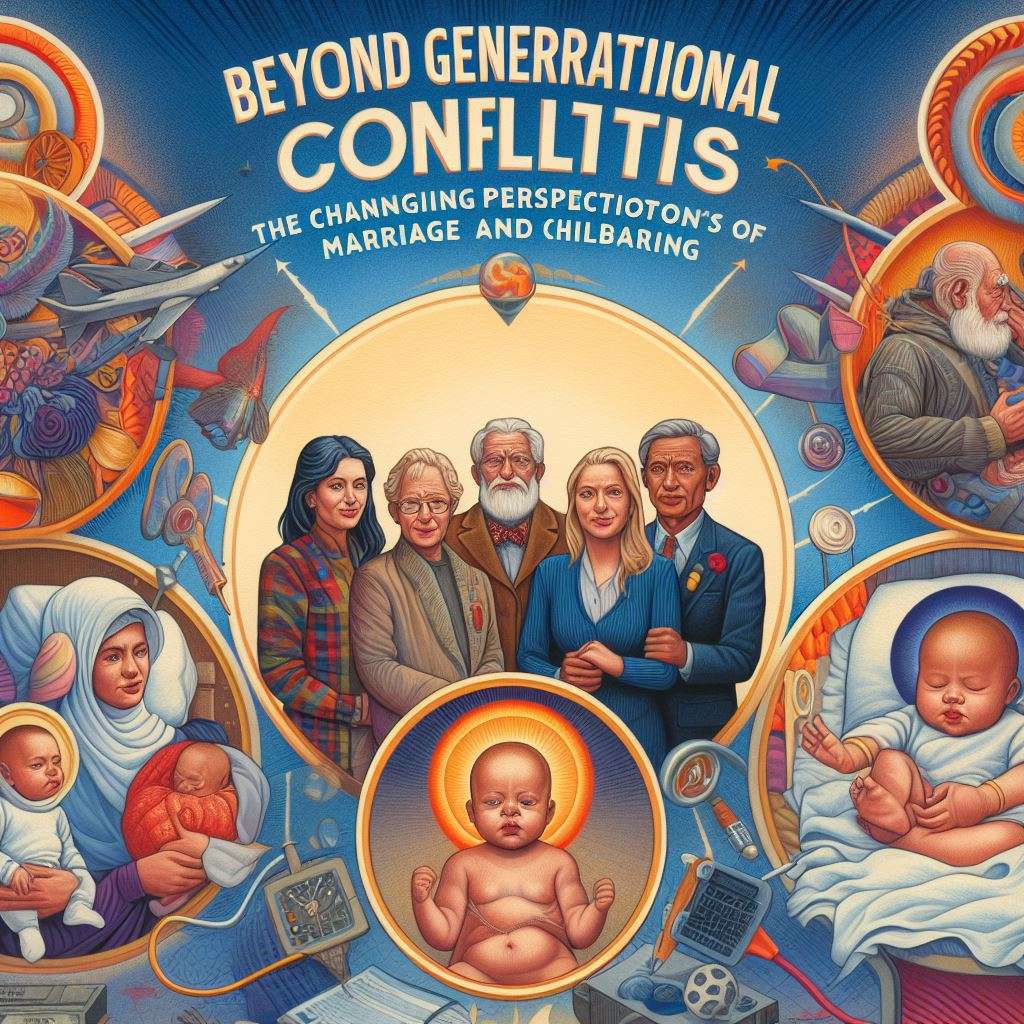
1. Historical Context of Marriage and Childbearing in Korea
Traditionally, in Korean culture, marriage and childbearing were seen as natural progressions of life. Confucian values placed immense emphasis on the family unit, filial piety, and continuation of the family lineage. This historical perspective set a foundational understanding where marriage was not just a personal choice but a societal expectation.
2. Economic Transformation and Its Impact
The rapid economic development of South Korea, particularly since the 1960s, brought about significant changes. The focus shifted towards education, career, and financial stability. This economic transformation impacted family structures and life choices. The cost of living in urban areas like Seoul soared, making it increasingly challenging for young adults to balance the demands of career, marriage, and parenthood.
3. Education and Career Aspirations
The emphasis on education and career achievements, especially among women, has been a game changer. Women’s participation in the workforce has increased dramatically, leading to a shift in priorities. Many young women now prioritize career development and personal growth over traditional roles of marriage and motherhood.
4. Changing Social Attitudes Towards Marriage
Marriage in contemporary Korea is increasingly viewed as an option rather than a necessity. The concept of personal fulfillment and individual freedom has gained prominence. Young Koreans are more inclined to question traditional norms and seek relationships and lifestyles that align with their personal values and aspirations.
5. Declining Birth Rates and Government Response
South Korea faces one of the world’s lowest birth rates. This demographic challenge has led to various government initiatives, from financial incentives to work-life balance policies, aiming to encourage childbirth. However, these measures often fail to address the underlying societal and cultural shifts.
6. The Role of Technology and Social Media
Technology and social media have also played a crucial role in shaping perceptions. The ease of accessing information and the influence of global cultures have exposed younger generations to diverse lifestyles and ideologies, further fueling the reevaluation of traditional life paths.
7. Impact on Elderly Population and Social Systems
This shift has profound implications for the aging population and social support systems. With fewer children to support the elderly and an increasing aging population, there’s a growing need for comprehensive social security and healthcare systems.
8. The Future of Family in Korea
Looking ahead, the concept of family in Korea is likely to continue evolving. Alternative family structures, such as single-parent households, childfree couples, and non-traditional living arrangements, are becoming more accepted. This evolution reflects a broader global trend of redefining what constitutes a family.
9. Potential Economic and Societal Implications
These changes have far-reaching implications for Korea’s economy and society. From workforce dynamics to consumer behavior, housing markets, and social policies, the ripple effects of shifting attitudes towards marriage and childbearing are profound.
10. Conclusion
In conclusion, the changing perceptions of marriage and childbearing in South Korea symbolize a complex interplay of historical, cultural, economic, and social elements. This transformation is not just a generational conflict but a fundamental reevaluation of life choices and societal structures, reflecting the dynamic nature of Korean society in the 21st century. As we move forward, understanding and adapting to these changes will be crucial for policymakers, businesses, and individuals alike.
Unveiling the Root Causes: Why Marriage and Parenthood are Declining in Korea
Hi, I’m [jeybee]. As a long-time resident of Seoul, I’m passionate about uncovering the authentic, everyday magic of Korea. This blog is my way of sharing my favorite spots, tips, and cultural insights with you, beyond the usual tourist traps.

